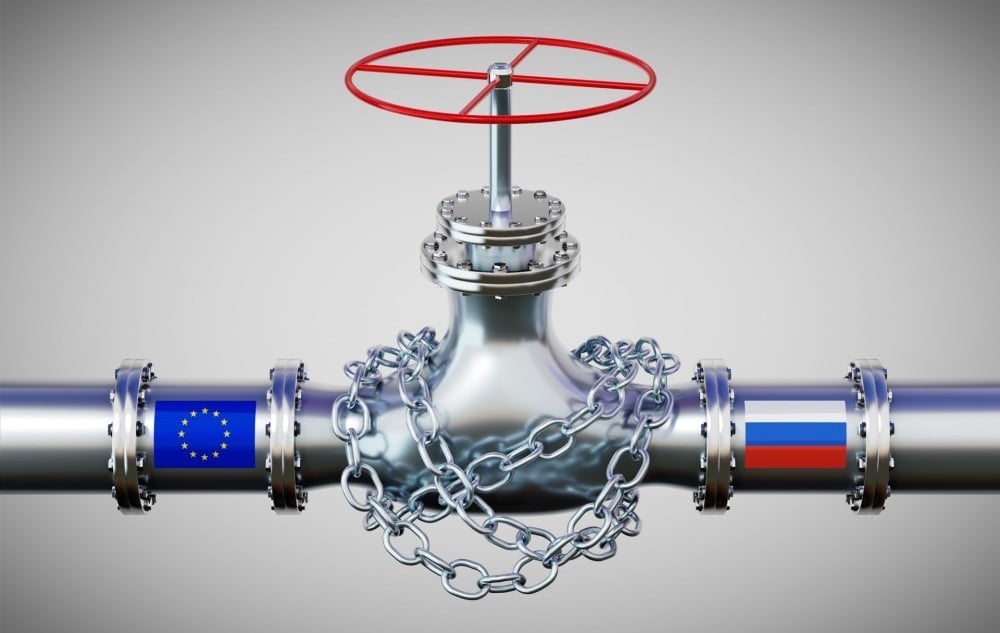 |
| In September, Russia exported 7.6 million barrels of oil per day. (Source: Alamy) |
Russia's benchmark oil - usually exported by Western ships - has been trading above the ceiling price since mid-July, helping the Kremlin earn hundreds of millions of dollars a day.
Falling oil revenues “are the biggest drag on Russia’s macroeconomic stability,” said Benjamin Hilgenstock, a senior economist at the Kyiv School of Economics, adding that this key source of income is at risk as Western countries intensify sanctions.
According to estimates by a group of experts at Stanford University (USA), since Russia's special military campaign in Ukraine began, sanctions targeting the oil sector have caused Moscow to lose 100 billion USD - as of August 2023.
Ignoring sanctions
However, in a report last week, the Helsinki-based Center for Research on Energy and Clean Air (CREA) estimated that Russia's oil revenues increased in September to about 200 million euros ($211 million) per day as global prices rose.
Lower oil supplies worldwide – with Saudi Arabia and Russia cutting output – pushed the price of Moscow’s key crude export to $74.46 a barrel last week, energy and commodities information provider S&P Global Platts said.
In December 2022, the G7 banned shipping lines and insurers in member countries from providing services for Russian oil exports if the price exceeds $60 a barrel. The ban does not apply to companies from other countries. When the ban was enacted, most of the ships involved in oil exports were Western. If Russia's oil prices exceed $60, the sanctions would severely impact the country's exports.
By July this year, Russian oil prices had officially broken the ceiling. However, CREA found that, as oil prices rose, vessels owned or insured by Western countries “continued to transport Moscow oil at all Russian ports,” in violation of sanctions.
In parallel, the International Energy Agency (IEA) oil market report showed that in September, Russia earned 18.8 billion USD from oil exports, the highest profit since July 2022. Russia's oil export revenue increased by 1.8 billion USD in 1 month (from August to September). Russia's total oil export volume increased and crude oil sales revenue also reached 1.5 billion USD.
Thus, in September, Russia exported 7.6 million barrels of oil per day and Russia's oil export revenue has continuously increased over the past few months.
Valery Andrianov, an expert at the Infotek consultancy, believes that the Russian oil price ceiling mechanism has lost its effectiveness.
“Russian oil is trading freely at above the ceiling price, while the issues of maritime transport and cargo insurance have generally been resolved,” he said.
UK and US "take action"
Faced with this situation, on October 12, the US officially imposed the first sanctions on two Russian oil tanker companies with purchase prices exceeding the ceiling, namely a company based in Türkiye and a company based in the United Arab Emirates (UAE). These two companies were accused of transporting Russian oil at a price of 75-80 USD/barrel and relying on insurance service providers connected to the US.
US officials have warned insurers to stay away from ships that appear suspicious, and the US Treasury has also issued recommendations to scrutinise shipping costs and watch for signs of sanctions evasion.
On the UK side, the country's Ministry of Finance informed that they are "actively conducting a number of investigations into suspected violations of the oil price limit".
US officials also said that Moscow had suffered losses when the price cap was combined with European oil sanctions. Combined with the European oil embargo, the price cap added $35 a barrel to the cost of Russian exporters.
“Price caps are working,” said Nataliia Shapoval, vice president for policy studies at the Kyiv School of Economics. But Western allies “should take truly urgent measures” to limit Russia’s use of its “dark fleet” to transport oil.
Source


![[Photo] Closing of the 13th Conference of the 13th Party Central Committee](https://vphoto.vietnam.vn/thumb/1200x675/vietnam/resource/IMAGE/2025/10/08/1759893763535_ndo_br_a3-bnd-2504-jpg.webp)





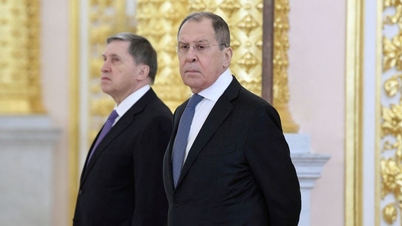





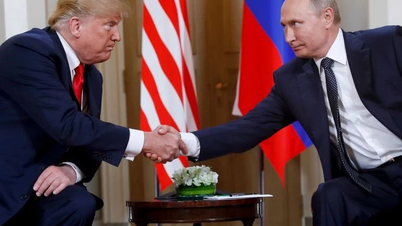













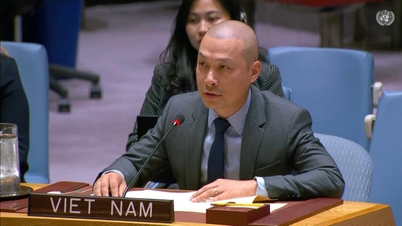



















































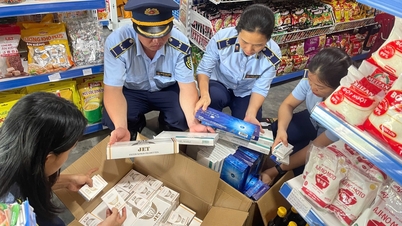



















Comment (0)